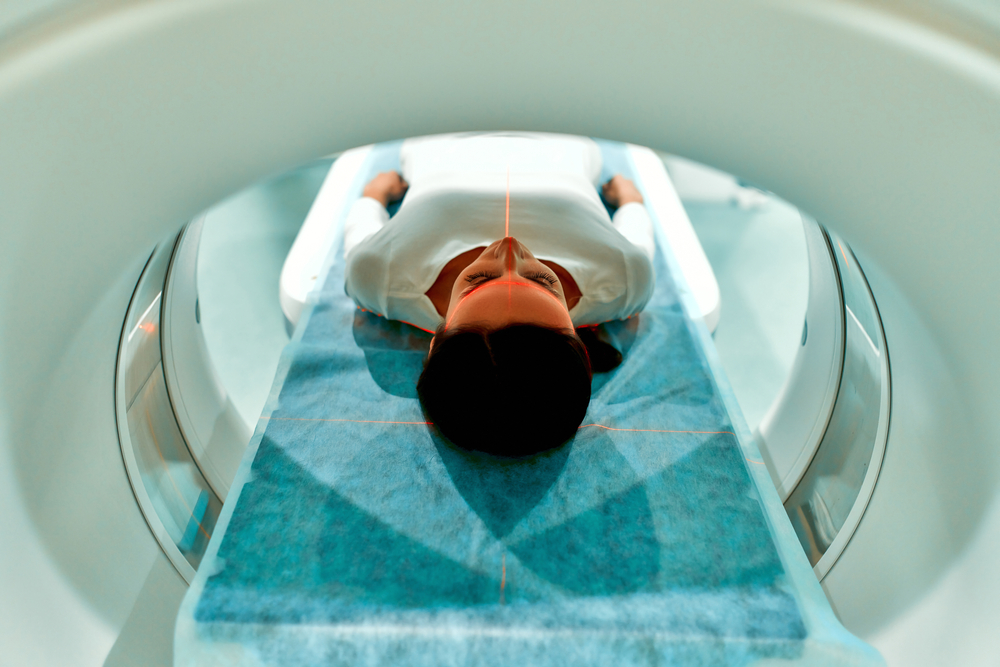
At this time, it is the middle of 2023, and I am baffled and frustrated. Just in the past few weeks, I have met a respectable number of people who have reported chronic pain for years on end. They told me about their experiences with joint injections, physical therapy, massage and medications of course. They were all just sick and tired (quite literally sick and tired) of having to deal with the pain and not knowing what was causing it. As our patients and referral healthcare providers know, I believe treating TMD is a cross-field need. When the problem of a displaced disc or an airway issue is being fixed and/or addressed, then other parts of the body need adjustments or corrections with osteopathy and/or physical therapy and even other modalities.
The other day I walked into our consultation room to meet a new patient and I could tell right away what was going on. The lady sat there with huge circles under her eyes. Her face appeared sunken and sullen. Her shoulders were slumped forward, and it was obvious she did not sleep well. Her pain was overflowing. As I did the palpation exam, I barely touched the muscles, and she winced every time as a few tears came out. I wanted to cry with her. She was on the edge, and I could tell she had dark thoughts in her head. She finally admitted that if I could not help her, she would not survive much longer. How sad that a person had to suffer so much and so long.
As you all know, dear readers, I ordered the MRI to figure out what is really going on. The MRI is the key to our understanding of her situation. Unfortunately, she had never had an MRI done in the past. To me, this seemed like such an obvious path to take. It was what I learned so long ago. Never assume. Do an MRI to know where your discs are located. This concept was ingrained into me many years ago and I have not wavered from it since. Obviously, the MRI can only show the soft tissue and along with the CBCT X-ray, we can come to a good diagnosis. (This is another blog about what I am measuring and looking for.)
This lack of imaging and analysis seems to be missing in the world of TMD treatment. (I am making headway teaching and explaining this, but so much more is needed.) An X-ray most certainly will not provide the required views of the discs – the X-ray is good for looking at the hard tissue – the bone. Don’t get me wrong, the bone view is very important, however, it’s equally important to know what the soft tissue – the discs – are doing. So, let me pose it this way: if you went to your orthopedist with knee pain, would an X-ray suffice for a diagnosis? We all know the answer to that one…No Way! You definitely would need an MRI before treating the knee joint, especially if there was any need to consider surgery.
So why is it that most dentists out there who are treating TMD are not doing the MRI? Because of inconsistencies in treatment, this is likely why patients do not get relief with other types of TMD treatment. If all dentists did like all orthopedists do – take a good MRI to diagnose their patient’s condition, then maybe the patient might not have to go from healthcare provider to healthcare provider, spending money and not knowing what is really going on. It’s quite a conundrum, isn’t it?
